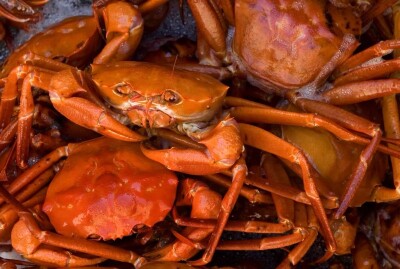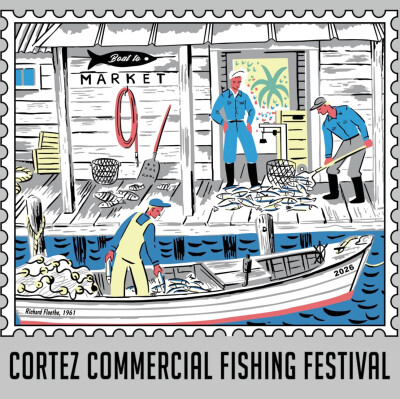It's the holy grail of commercial fishing: catch just the right amount of just the right size of just the right species, without damage to the physical environment. It's a tall order, and few fisheries are there yet.
Over the past decade or so, a lot of effort has gone into designing fishing gear and related equipment that allows fishermen to catch more of what they do want, and less of what they don't, while also minimizing damage to the environment.
Veteran gear designer Ron Smolowitz and the Coonamessett Farm Foundation have worked with the southern New England scallop industry over the past several years to develop a trawl that excludes loggerhead sea turtles. It turns out, it's also better at capturing scallops, with the end result that scallopers can use smaller areas and less fuel - 75% less - to make their catch.
Steve Eayrs, a research scientist at Gulf of Maine Research Institute, has worked with groundfishermen in Maine on similar efforts to reduce both by-catch (in this case, of other fish species) and fuel use. Simply changing the speed of the boat, using nets with larger mesh sizes, or changing whether the openings in the net are square or diamond-shaped, can all make a difference. So can a little knowledge; Eayrs says installing fuel flow meters so fishermen can monitor their fuel usage produces immediate behavior changes, as fishermen work to reduce their own bottom line.
Likewise, Tim Werner, a senior scientist with the New England Aquarium, says it's not always about changing the gear, itself. For example, he's put acoustic pingers on gill nets to warn away dolphins and used electromagnetic devices to keep sharks away from fishing gear. Still, he says, sometimes you have to think outside the box to make a fishery sustainable. He's currently working on so-called ropeless lobster traps to eliminate entanglement of endangered North Atlantic right whales.






